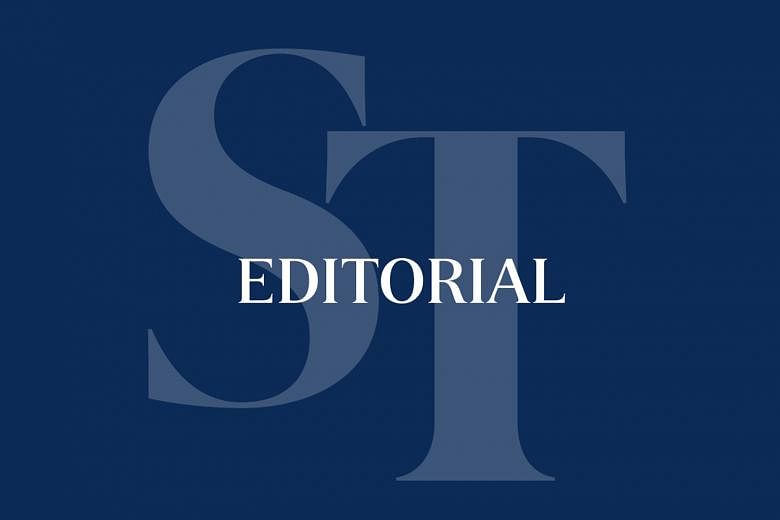United States President Donald Trump has served up a tax cut dressed as a measure to increase jobs. He has signed the controversial Tax Cuts and Jobs Act, which reduces the tax rate for companies from 35 per cent to 21 per cent beginning in 2018. The wealthiest will gain the most since the top individual tax rate will drop to 37 per cent, a decrease of almost three percentage points. The Act also doubles the standard deduction. The corporate cuts are permanent, or at least until another administration has the numbers to overturn them, while the individual changes expire at the end of 2025.
While tax cuts can and do help American achievers to generate more wealth and businesses to operate in a competitive world, there are serious grounds on which to question the rationale for the cuts just made by Mr Trump. Tax cuts are a sword to be unsheathed in lean times but the American economy is in its eighth year of expansion and unemployment is at a comfortable 4 per cent, and falling. What is more, polls show that only about a third of Americans back the move. With the US already US$20 trillion (S$26.7 trillion) in debt, it may have been imprudent for Mr Trump to change the tax law in a way that will increase that debt by US$1.5 trillion over the next 10 years, in addition to how much the debt was going to rise anyway.
The tax cuts will widen already alarming inequality levels in the US. There is credible evidence that America's poor live 10 to 15 years shorter than the well-off and that average life expectancy fell for a second straight year in 2016. Widening deficits crimp the government's ability to not only look after the weakest in society, but also invest in education, health and defence - keys to future prosperity and security. The counter-argument, of course, is that lower taxes will spur growth that will feed back as higher tax collections. While that remains to be seen, the sounds of today's partying may well reverberate as tomorrow's dirge if Washington is not careful.
For Asia, the tax cuts bear careful watching. Some American companies, especially those operating in Europe, may be tempted to "reshore" more of their operations to America, feeding an already visible trend brought on by automation and new technology such as additive manufacturing. The tax breaks offered to American multinationals by Asian governments may look a tad less attractive. However, the biggest worry may not be so much on the economic front as on the strategic. A widening US deficit could lead the government to consider trimming defence spending. That may hurt the military rebalance to Asia, one of the few legacies of the Barack Obama administration with which Mr Trump has hesitated to tinker so far. Given America's preponderant global power, changes in its domestic economic direction have insistent international ramifications.

